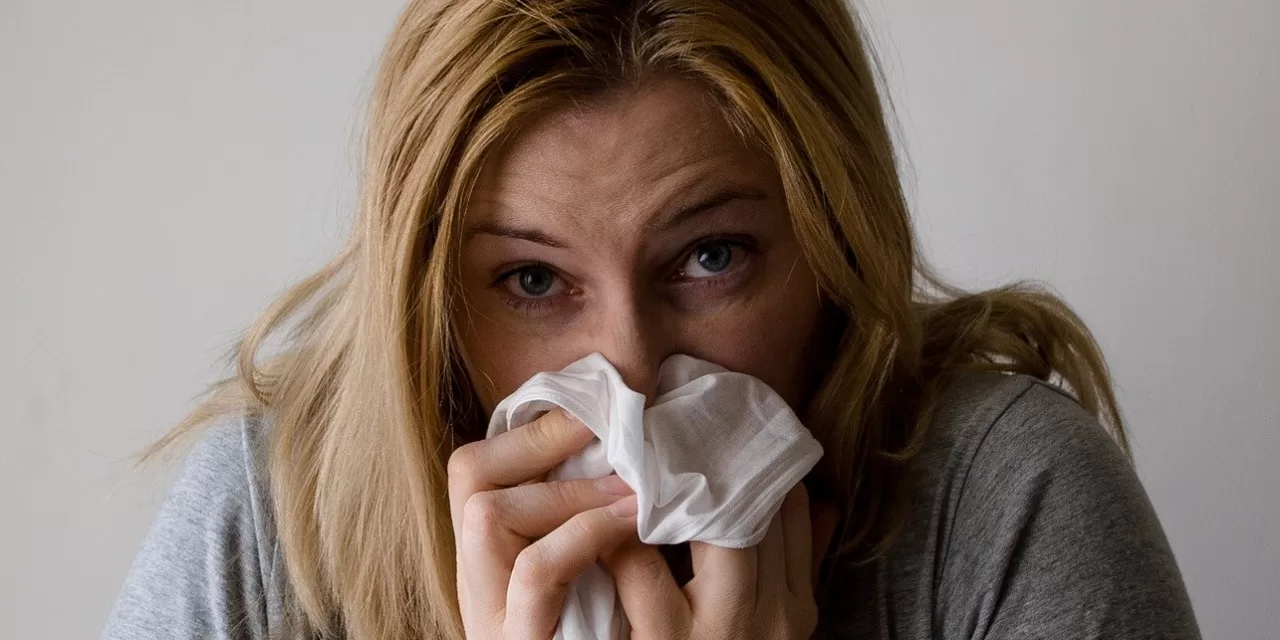As we enter the peak of cold and flu season, experts from Stanford University are offering valuable tips on how to protect yourself and your family from seasonal respiratory viruses. With the flu, COVID-19, and RSV circulating, it’s crucial to take preventive measures now to reduce your chances of getting sick—and spreading it to others. Here’s a rundown of the best practices for staying healthy this winter.
1. Keep Your Vaccinations Current
Vaccines play a crucial role in reducing the severity of illness and preventing infections altogether. Nathan Lo, assistant professor of infectious diseases at Stanford, emphasizes the importance of getting the vaccines you’re eligible for, including those for COVID, flu, and RSV. These vaccines not only protect you but also help reduce transmission to others, especially in households with vulnerable individuals.
The CDC recommends annual flu and COVID-19 vaccines for everyone six months and older. Those aged 65 and older or with immunocompromising conditions may need a second COVID-19 vaccine dose. The RSV vaccine is recommended for adults 75 and older, and those between 60 and 74 with increased risk for severe illness. Pregnant women and their infants are also advised to receive the RSV vaccine.
Lo explains that while vaccines may provide only moderate reductions in transmission at the individual level, their impact on public health can be substantial. He urges anyone eligible to get vaccinated before the viral season intensifies, as protection takes about two weeks to take effect.
2. Make a Habit of Frequent Handwashing
Frequent handwashing is one of the simplest and most effective ways to prevent the spread of viruses. Roshni Mathew, clinical associate professor of pediatric infectious diseases, recommends washing your hands thoroughly with soap and water for 15 to 20 seconds. Key moments to wash your hands include after using the restroom, before eating, after coming home from public spaces, or after wiping your nose.
If soap and water aren’t available, use an alcohol-based hand sanitizer. Mathew suggests linking handwashing to other daily routines to help establish the habit, particularly for children.
3. Get Some Fresh (or Moist) Air
Being indoors for extended periods, especially in close quarters, increases the risk of spreading viruses. Mathew advises getting outside whenever possible, whether it’s for a quick walk or just some fresh air. For children, outdoor play is essential, particularly in the colder months.
Indoors, a humidifier can be beneficial. Research led by chemistry professor Richard Zare found that low indoor humidity reduces the presence of natural antiviral compounds in the air, potentially increasing the risk of airborne virus transmission. Zare suggests maintaining indoor humidity levels between 40% and 60% to naturally promote antiviral properties in the air, alongside proper ventilation.
4. Keep Your Germs to Yourself
When you’re sick, you’re most contagious before symptoms appear and during the first few days of illness. Mathew stresses the importance of staying home when you’re unwell to prevent spreading infection to others. If a child has a fever, keeping them home from school helps them recover and reduces the risk of transmission to classmates. Once a fever subsides, the risk of transmission drops significantly.
At home, it’s challenging to isolate sick family members, but wearing a mask can help prevent the spread of germs to others, especially those who are vulnerable.
5. Follow Your Gut About When to Call the Doctor
While many respiratory infections can be managed at home, Mathew advises parents to trust their intuition when it comes to seeking medical advice. For otherwise healthy children, it’s often okay to wait out a mild illness. However, if fever persists beyond three to four days, especially if it’s above 102°F, or if a child is having difficulty drinking fluids or breathing, it’s time to consult a pediatrician.
“Parents are familiar with their child’s behavior during illness,” says Mathew. “If you have a feeling that something isn’t right, it’s important to trust that instinct.”
Conclusion
The cold and flu season is upon us, but by staying up to date on vaccinations, practicing good hygiene, ensuring proper ventilation, and being cautious when sick, you can protect yourself and those around you. Experts agree: it’s not too late to get your flu shot, and taking these simple steps can go a long way in keeping you healthy this winter.












